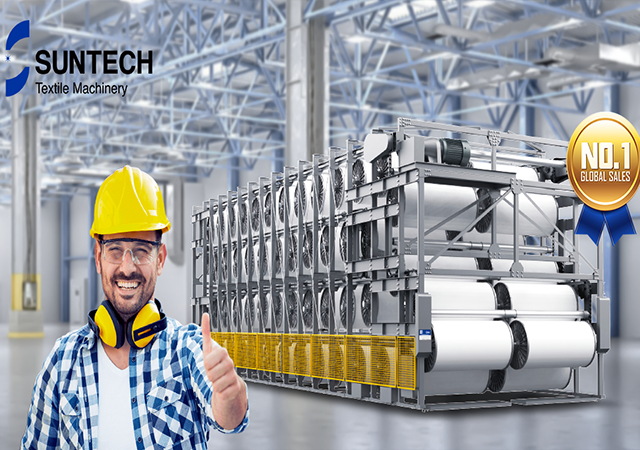The textile industry's evolution towards sustainability is not merely a trend but a necessary shift in response to the growing environmental concerns. Textile manufacturers are actively redefining their strategies and practices to align with circular economy principles and reduce their ecological footprint.
Extended Producer Responsibility (EPR) Schemes
One of the primary strategies embraced by textile manufacturers is the implementation of Extended Producer Responsibility (EPR) schemes. The European Union's initiative to hold producers accountable for the entire life cycle of textile products is setting a benchmark. Such schemes not only encourage waste reduction, reuse, and recycling but also instill a sense of responsibility within manufacturers to manage textile waste. This shift not only aims to reduce environmental impact but also promises cost-saving opportunities for consumers.
Infrastructure Development for Sustainable Textile Management
The development of comprehensive infrastructure for textile collection, sorting, and recycling is a pivotal step taken by manufacturers. Prioritizing the reuse of textiles and diverting non-reusable items towards efficient recycling processes contributes significantly to building a more sustainable ecosystem within the industry.
Technological Innovations and Sustainable Machinery
The focus on innovation is paramount. Manufacturers are exploring and investing in advancements such as fiber-to-fiber recycling and sustainable machinery. By reducing dependence on virgin resources and transforming discarded textiles into new fibers, these technologies enhance the circularity of the production process. SUNTECH Textile Machinery's advocacy for sustainable production underscores the industry-wide trend of relying on eco-friendly machinery to reduce waste, optimize energy consumption, and meet quality and safety standards.

Preventing Illegal Exports and Clear Regulations
Distinguishing between waste and reusable textiles is crucial to curb illegal exports of textile waste. The textile industry is working towards establishing clear definitions and regulations to ensure responsible waste management. These measures mitigate the harmful consequences of inappropriate waste disposal and support sustainable waste management practices.
Economic and Environmental Benefits of Sustainable Practices
The adoption of sustainable practices not only aligns with environmental responsibilities but also yields long-term economic benefits. By investing in reliable, safe, and environmentally conscious machinery, manufacturers can significantly reduce energy and labor costs. This approach not only meets consumer expectations regarding quality and sustainability but also ensures a competitive edge in the market.
Collaborative Efforts and Industry Trends
Collaborative efforts between manufacturers, policymakers, and innovators are crucial for sustainable transformation. Furthermore, industry-wide trends show a growing demand for eco-friendly and ethically manufactured textiles, which significantly minimize adverse environmental impacts and resonate with the ethical consumption patterns of modern consumers.
Challenges and Future Directions
While progress is evident, challenges persist. Scaling up sustainable practices, ensuring widespread compliance, and fostering innovation in a cost-effective manner pose ongoing challenges. However, the industry's commitment to sustainability and continuous technological advancements indicates a promising trajectory.
Conclusion
The textile industry's journey towards sustainability involves a multifaceted approach that encompasses regulatory compliance, technological innovation, and a paradigm shift in production practices. With a strong focus on circular economy principles, textile manufacturers are actively contributing to a more environmentally conscious and economically viable sector. As the industry evolves, the integration of sustainability becomes not just a choice but a fundamental requirement for its long-term success.




